Are you thinking about starting an SEO agency?
Do it!
And now is the perfect time. With most people and businesses turning to Google to find new products and services, the demand for expert SEO services is booming.
Worried about how to start an SEO agency and how you’ll be able to manage it? Don’t worry.
I’m Lana, the owner of this SEO agency and an experienced SEO strategist.
I’ve navigated the journey you’re about to start, from the early days of setting up and dealing with the legal stuff to choosing the right path for my agency.
I’m here to share essential tips and insights that will guide you as you start your SEO business and carve your path to success. Let’s get in!
Why Start an SEO Agency?
Why should you think about starting an SEO agency? For me, the answer is clear: it’s a powerful way to help businesses grow and it is in high demand these days.
Most companies depend on being found through Google, Yahoo, and Bing. Being part of the reason they climb up in search results, attract more website visitors, and increase their sales or leads is incredibly rewarding.
In an SEO business, you’re not hidden away in some back office. I work directly with my clients, guiding them on how SEO can be woven into their everyday work.
It isn’t just about keywords; it’s about understanding their business deeply to make smarter decisions faster.
SEO touches on many parts of marketing, so a good SEO agency becomes a crucial partner in steering a client’s overall marketing strategy.
It’s about leading the way, not just following trends, and ensuring SEO is a key player in their success.
How to Start an SEO Agency
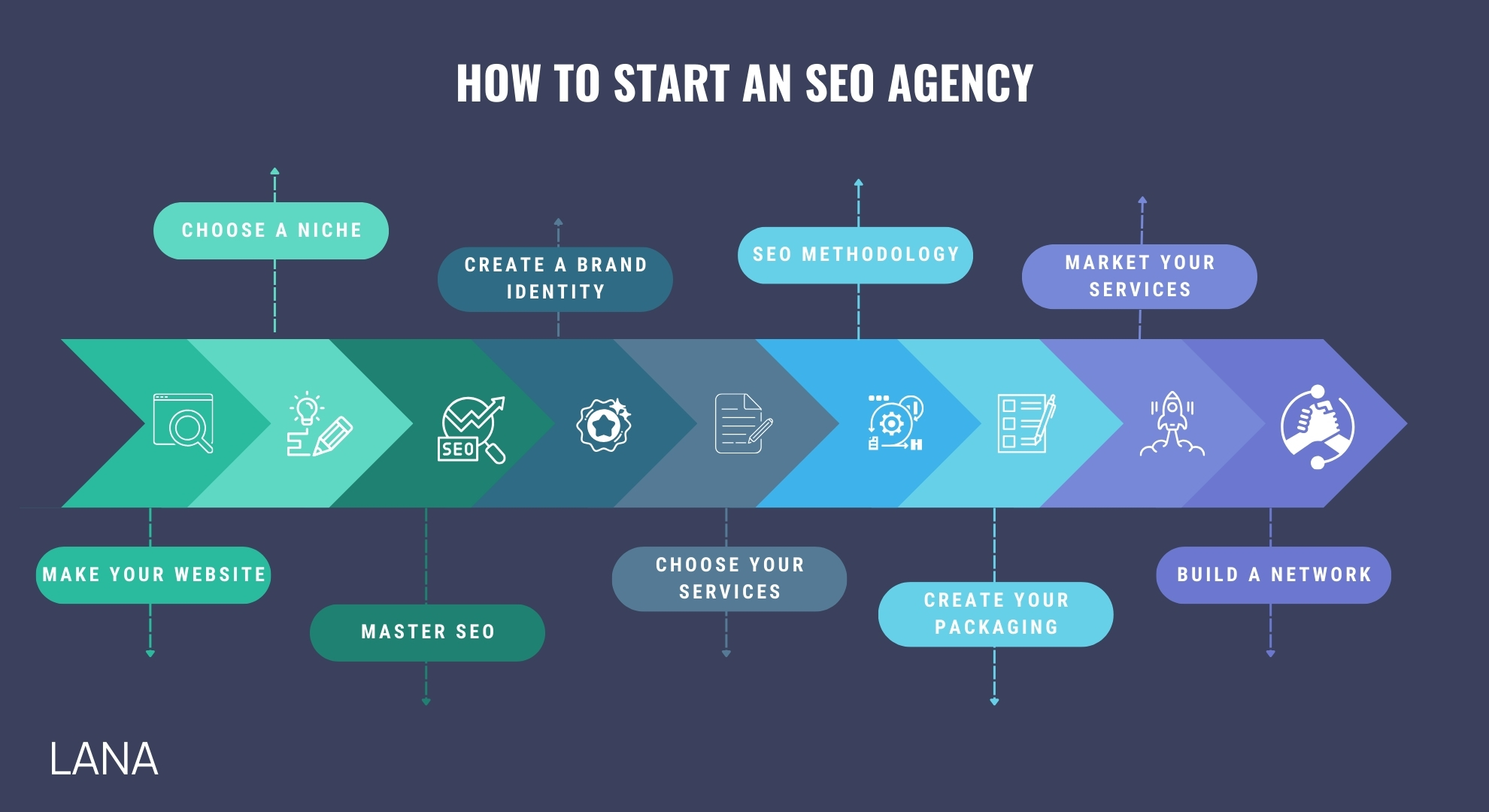
I’m excited to share how you can start your own SEO business, tap into selling SEO services, attract SEO clients, explore the search engine optimization business, and make your mark in the SEO industry.
Here are the steps and important things you need to consider and manage to get started:
1. Make Your Own Website

Just like you wouldn’t open a tax firm after going through a few tax books, you shouldn’t launch an SEO company just because you’ve read some guides on SEO.
Understanding the theory isn’t the same as having real experience, which is essential before you start to sell SEO services to other businesses.
How did I gain experience? I built my website and used it to practice and improve my SEO skills.
I want to point out that making your website isn’t the only way to learn SEO hands-on. You could also work at a reputable SEO agency and learn as you go.
But if you’re reading this, you’re likely leaning towards building something of your own rather than working for someone else.
In that case, starting your website is your best bet to build the SEO knowledge you need to run a successful SEO business.
2. Choose a Niche as an SEO Company
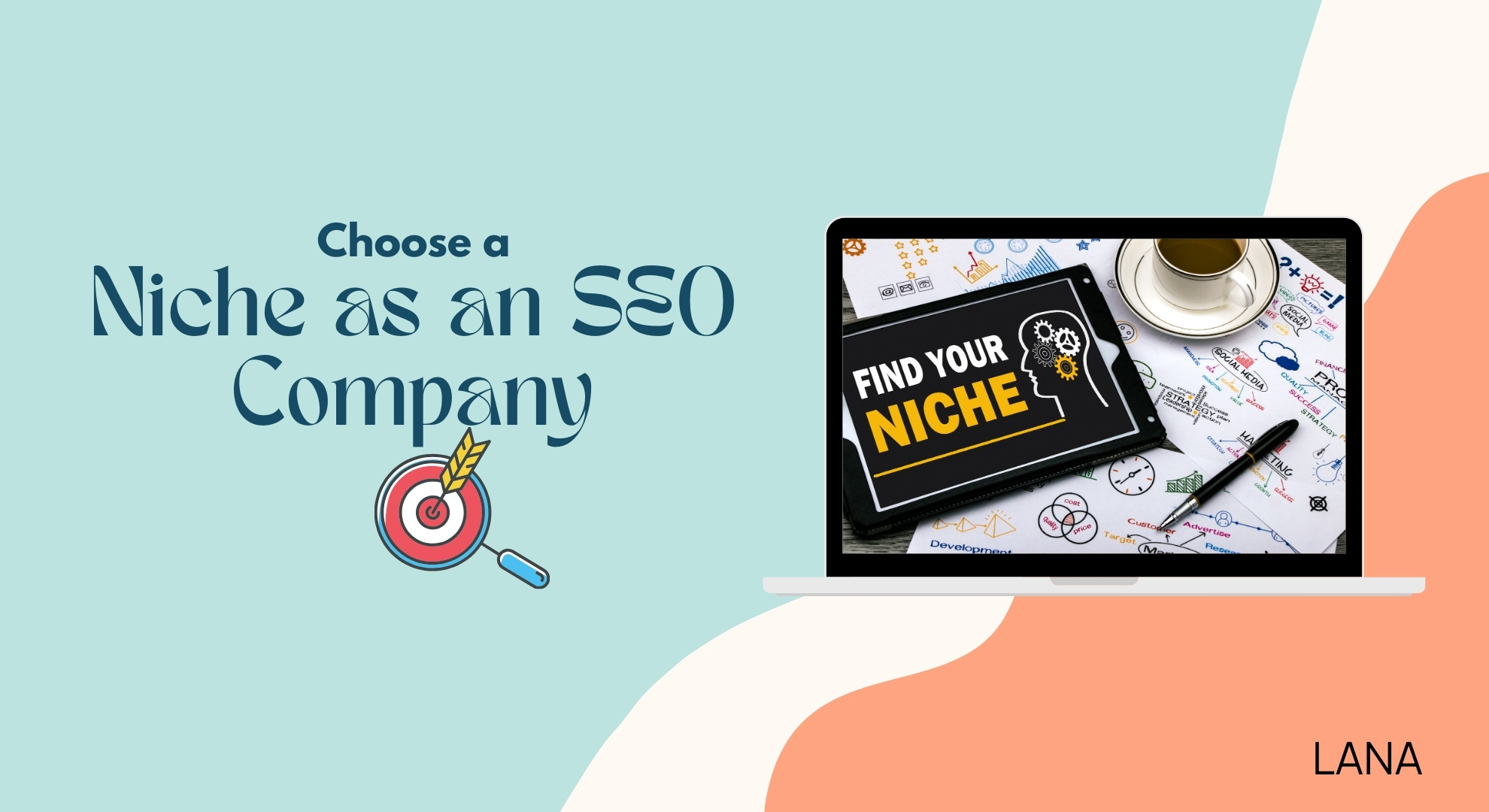
When starting your SEO agency, one of the first steps should be deciding on your niche.
You might think offering everything to everyone is a good strategy, but focusing on a specific part of an industry is better. This approach lets you become an expert in that area and build a strong reputation.
Choosing a niche also helps you stand out. With so many SEO agencies, it’s crucial to differentiate yourself from the rest.
Consider your interests and any experience that could guide you in selecting a particular niche.
For me, focusing on a niche was a game-changer.
It made my SEO service more targeted and effective and allowed me to integrate digital marketing services in a way that complemented my expertise, making my agency unique and sought-after in a crowded market.
3. Master SEO
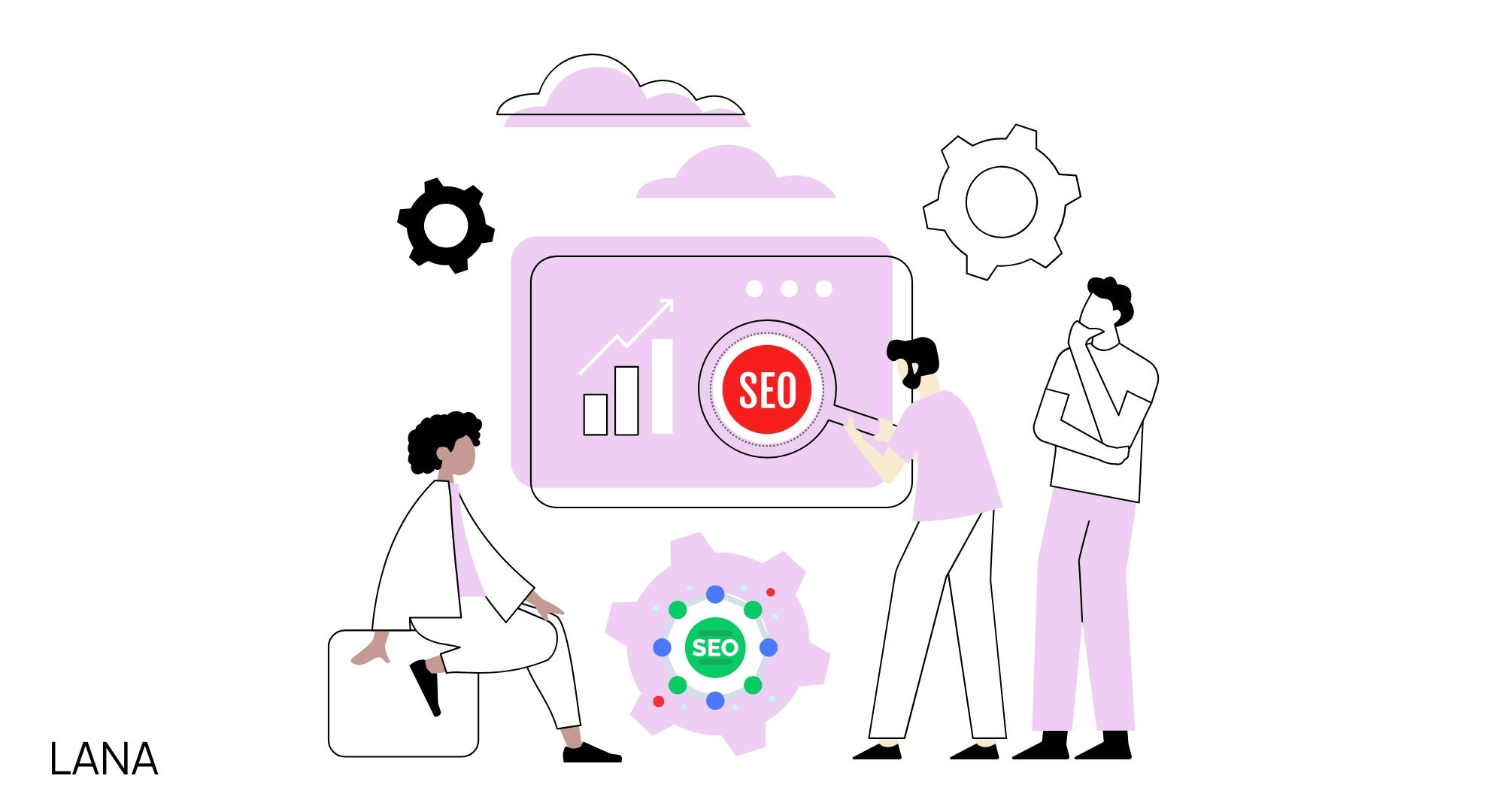
Before you start offering SEO services, it’s crucial to know your stuff inside and out. SEO isn’t just one thing; it’s a whole set of techniques and knowledge that keeps changing.
Google updates its search algorithm several times a year, including big changes known as “core updates.”
Staying updated on these is key to making sure your services are always on point.
Even the smaller updates from Google are worth knowing about. One way I make sure I don’t miss out on any updates is by regularly checking the Google Search Status Dashboard.
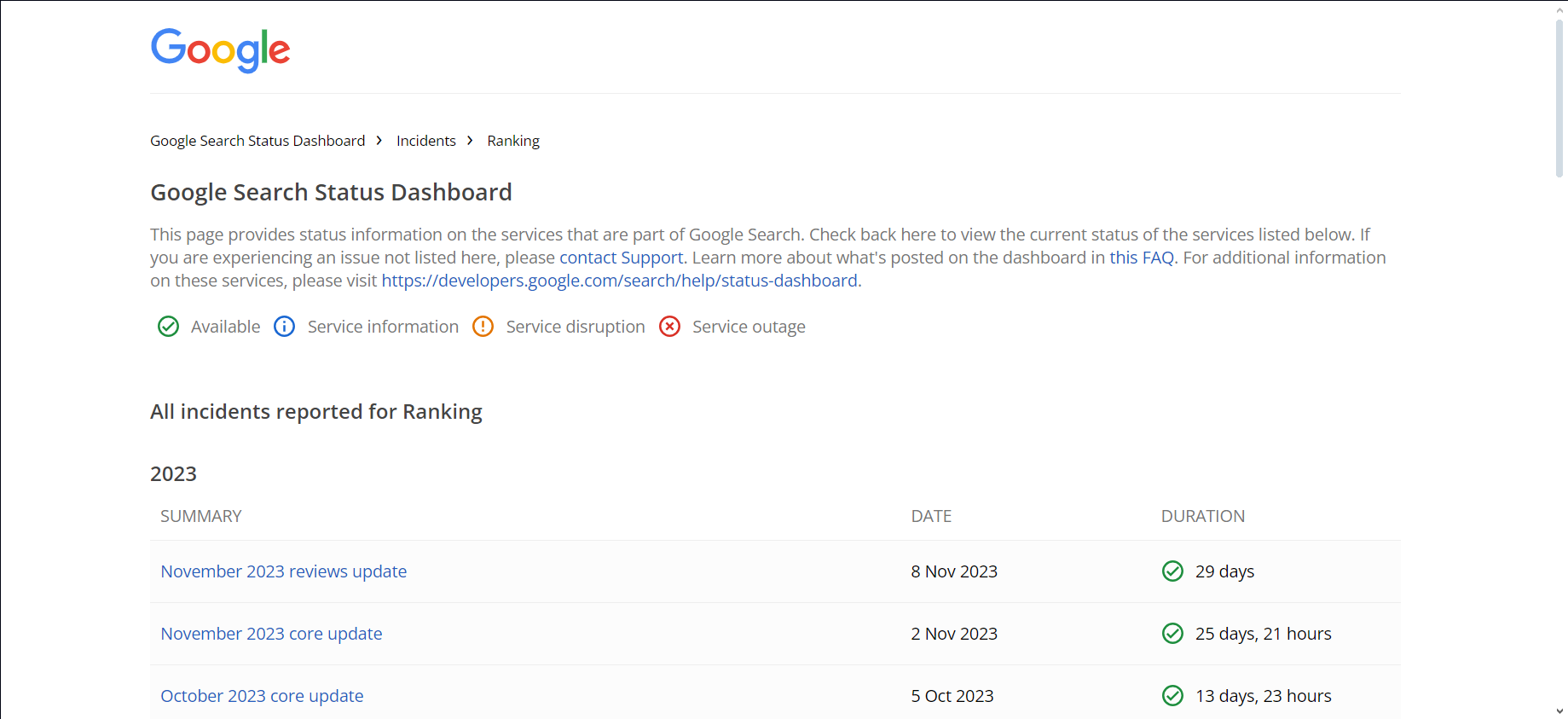
It lists all the important changes in order, so I recommend looking at it every so often to stay informed.
Following trusted SEO news sources is another great way to keep up. I often read articles from:
And when it comes to sharpening your SEO skills, there are plenty of courses out there. Some starting points include:
When I teach SEO, I always emphasize the importance of continual learning.
This includes mastering areas like blog post optimization, local SEO, and keyword research, which are vital parts of offering top-notch SEO services.
4. Create a Brand Identity

When starting your SEO business, first pick a unique name, create a logo, and write a clear description to stand out as a digital marketing expert.
I looked at competitors to ensure my brand was distinct, especially in areas like inbound marketing.
Then, handle the legal stuff by filing for a business structure and getting a “doing business as” certificate, plus any local forms. This step made my business official and ready to offer digital marketing services.
5. Choose Your Services as an SEO Agency
Figuring out the services you’ll offer is a big step in setting up your SEO agency.
It is decided that you’re going to provide SEO services. But as you might already know, there are many parts to SEO, and you can choose to offer a range of these services.
Some services might be directly related to SEO, while others might help boost your clients’ SEO results in different ways.
There’s a key point about choosing your niche here; if you focus on a specific SEO service, that could become your agency’s official mark.
For example, I might decide to concentrate on creating content for websites, putting aside other services for a while to minimize competition and build a strong reputation as a successful SEO agency.
Most agencies, including mine, find it beneficial to offer various services, packaging them together as a complete SEO solution.
Here are a few services most SEO companies consider essential:
SEO Audits and Analyses
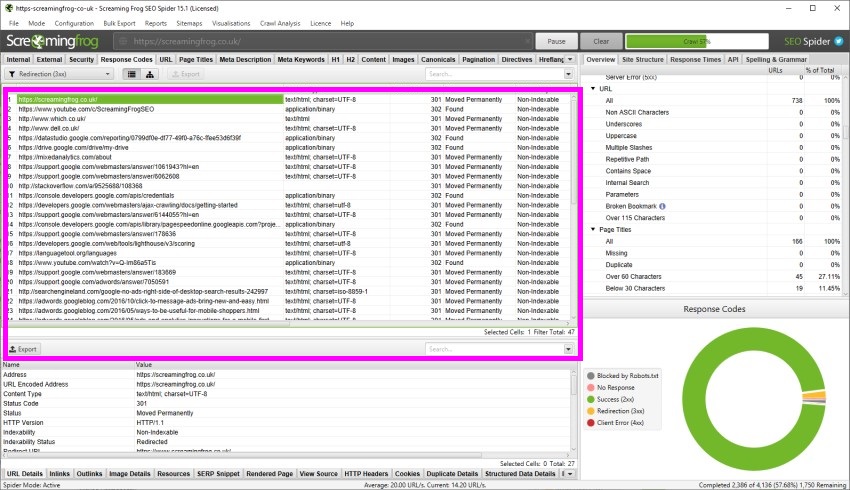
The starting point for SEO campaigns is usually an audit. This involves examining the technical aspects of a site, its backlink profile, and past content performance.
An initial audit might sometimes be free, as it can showcase the value of your broader services.
Keyword and Competitive Research
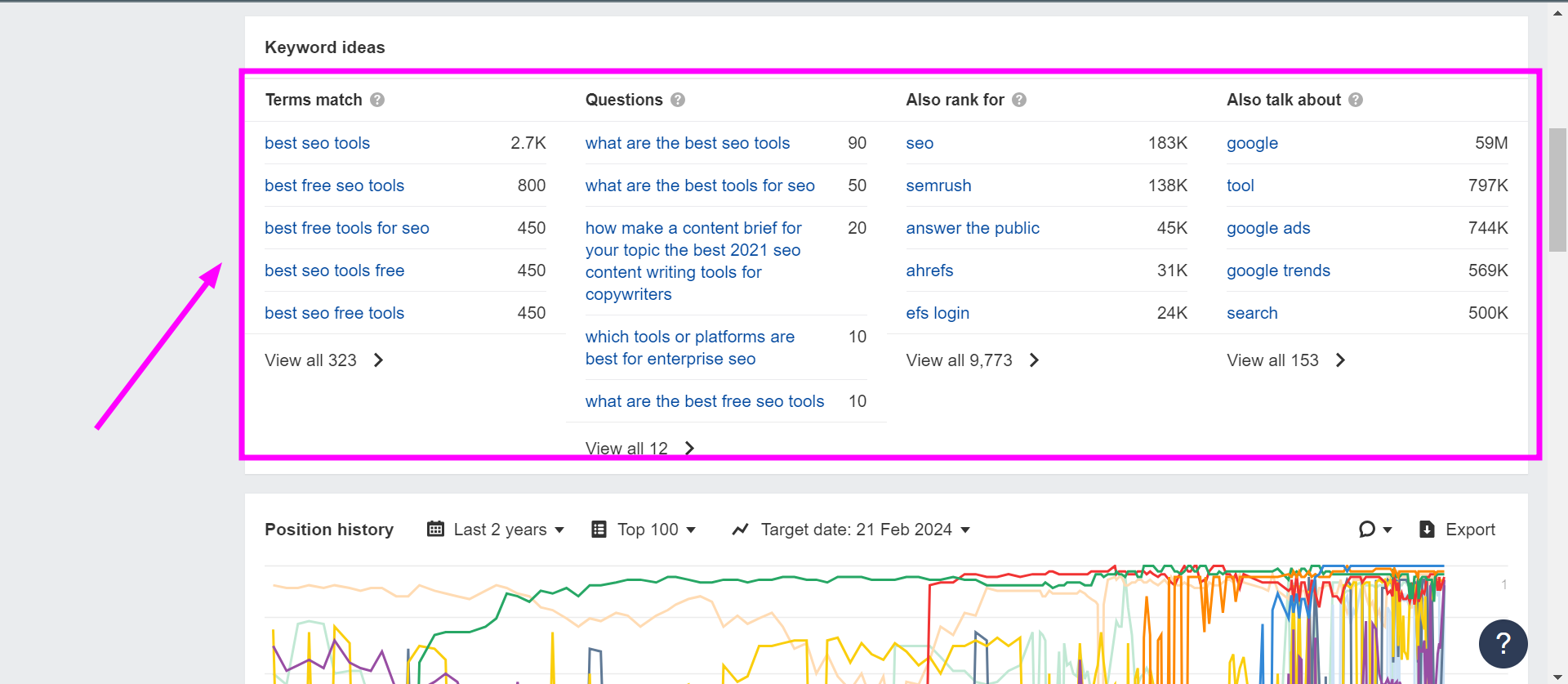
Choosing the right keywords is crucial for success. It involves thorough research to find terms that are relevant and not overly competitive.
This service, crucial for any successful SEO agency, can be time-consuming but is incredibly valuable.
Technical Onsite SEO
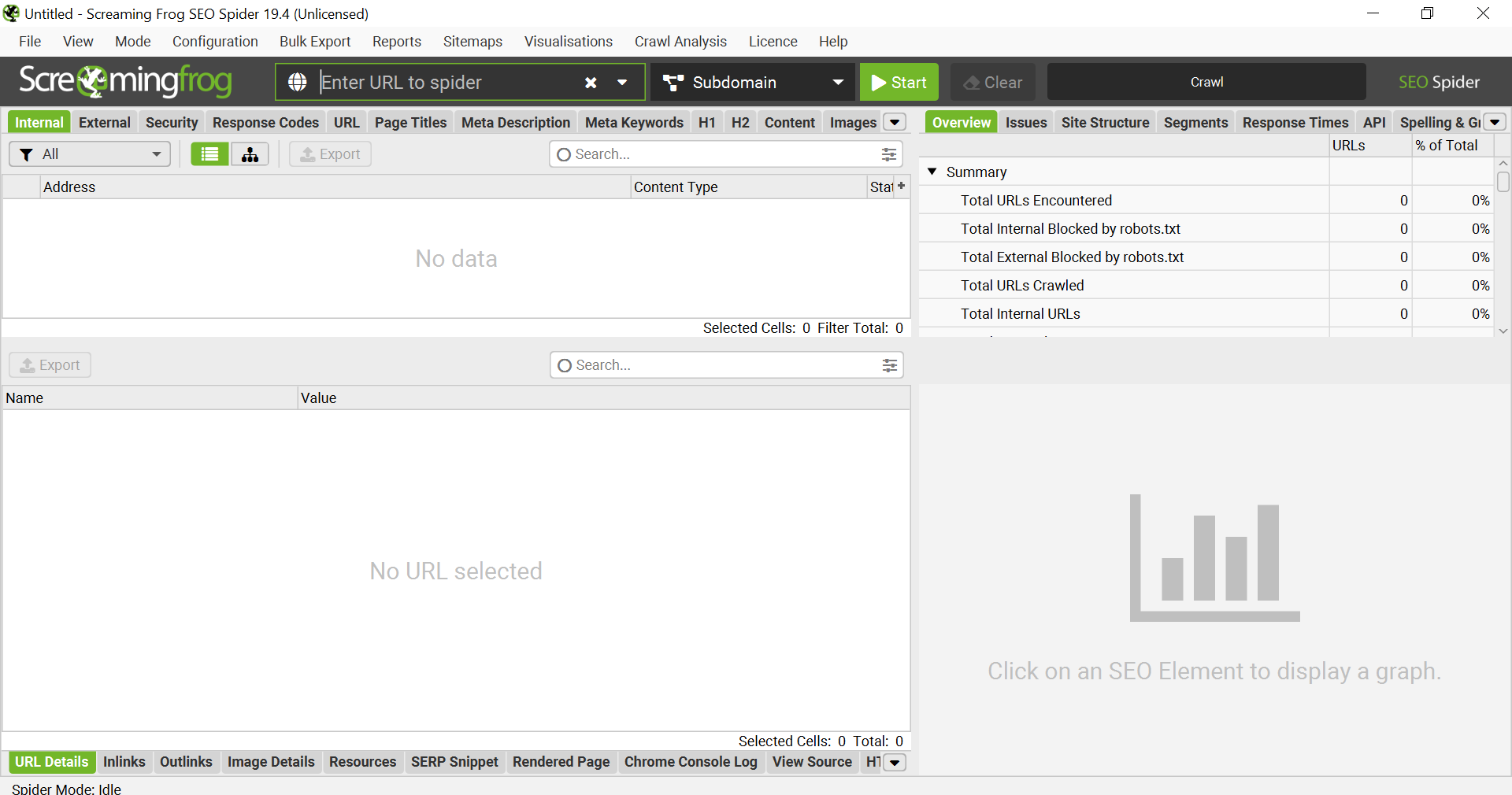
This service focuses on optimizing a website’s technical elements to ensure search engines can crawl and index it effectively.
It might include making a site mobile-friendly or improving navigation, often considered essential for ongoing SEO efforts.
Ongoing Onsite Content
Regularly updated, high-quality content helps optimize a site for specific keywords and establishes valuable linking assets.
Deciding how to offer this—per piece or via a subscription—can define your service model. I use Jasper AI and its alternatives for content creation.
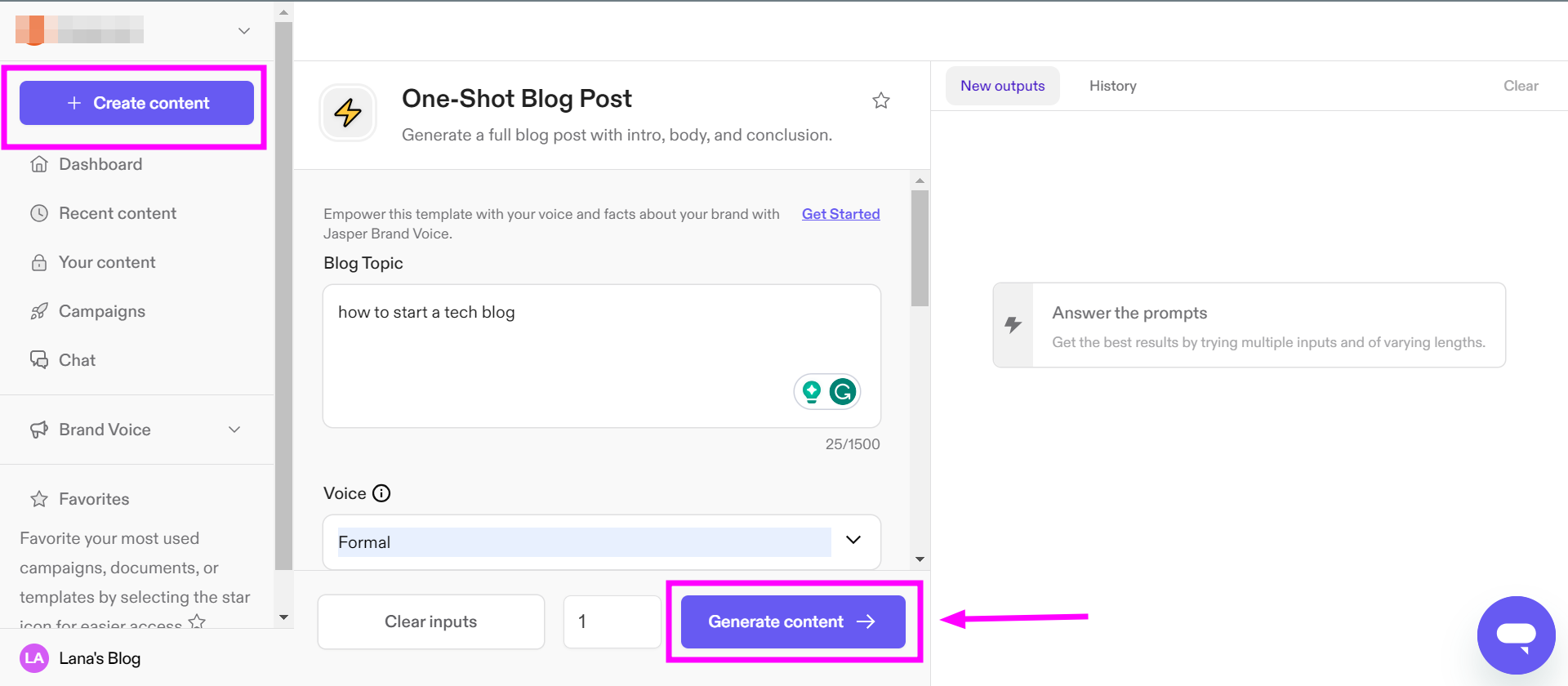
Offsite Content and Link Building
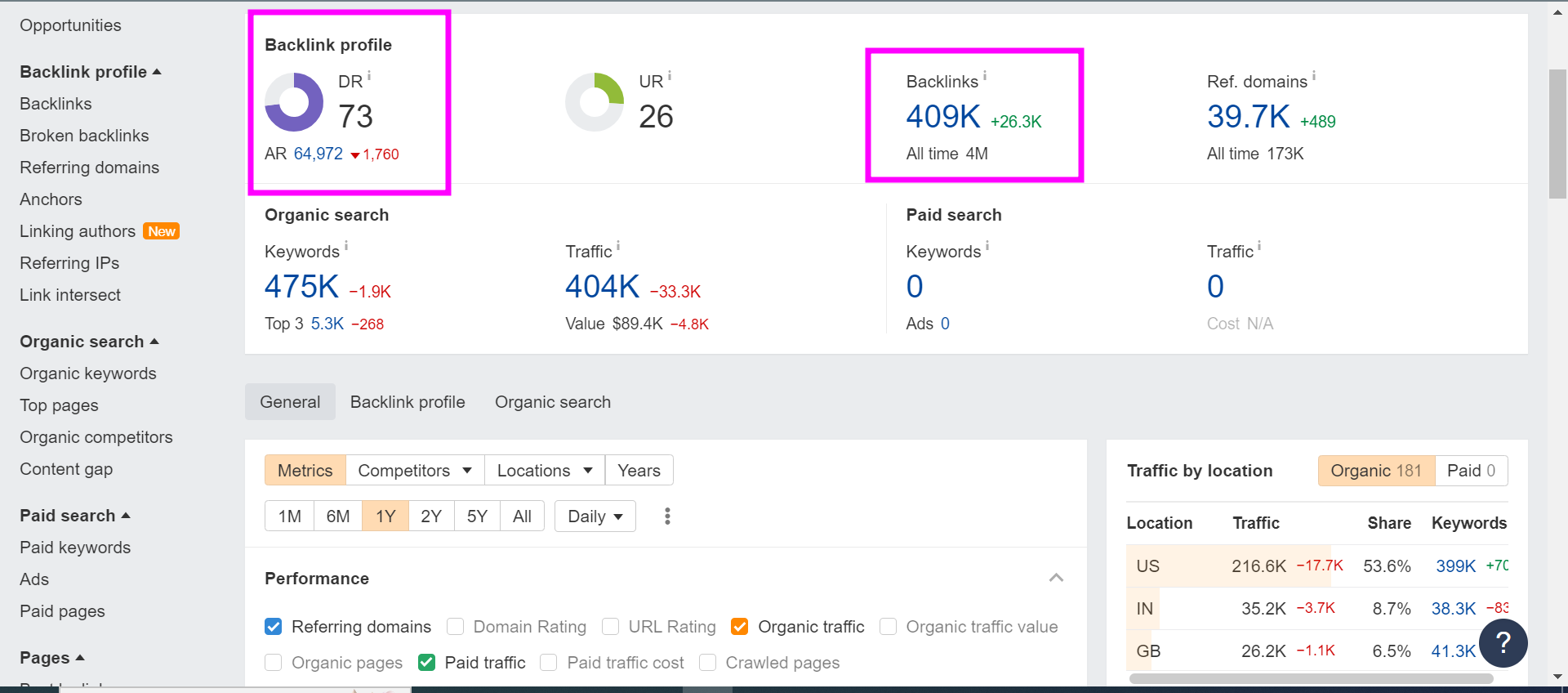
Building links through high-authority external sites is vital for increasing domain authority. This requires good relationships with publishers or possibly outsourcing to a specialized agency.
Social Media Marketing and Other Services

Broadening your services to include social media marketing, PPC, or web design can make your agency more comprehensive. It’s crucial to ensure quality and not overextend your offerings early on.
Having built my own SEO agency, I know how important it is to carefully select and excel in the services you offer, ensuring they align with your client’s needs and your agency’s capabilities.
6. Work on Your SEO Methodology
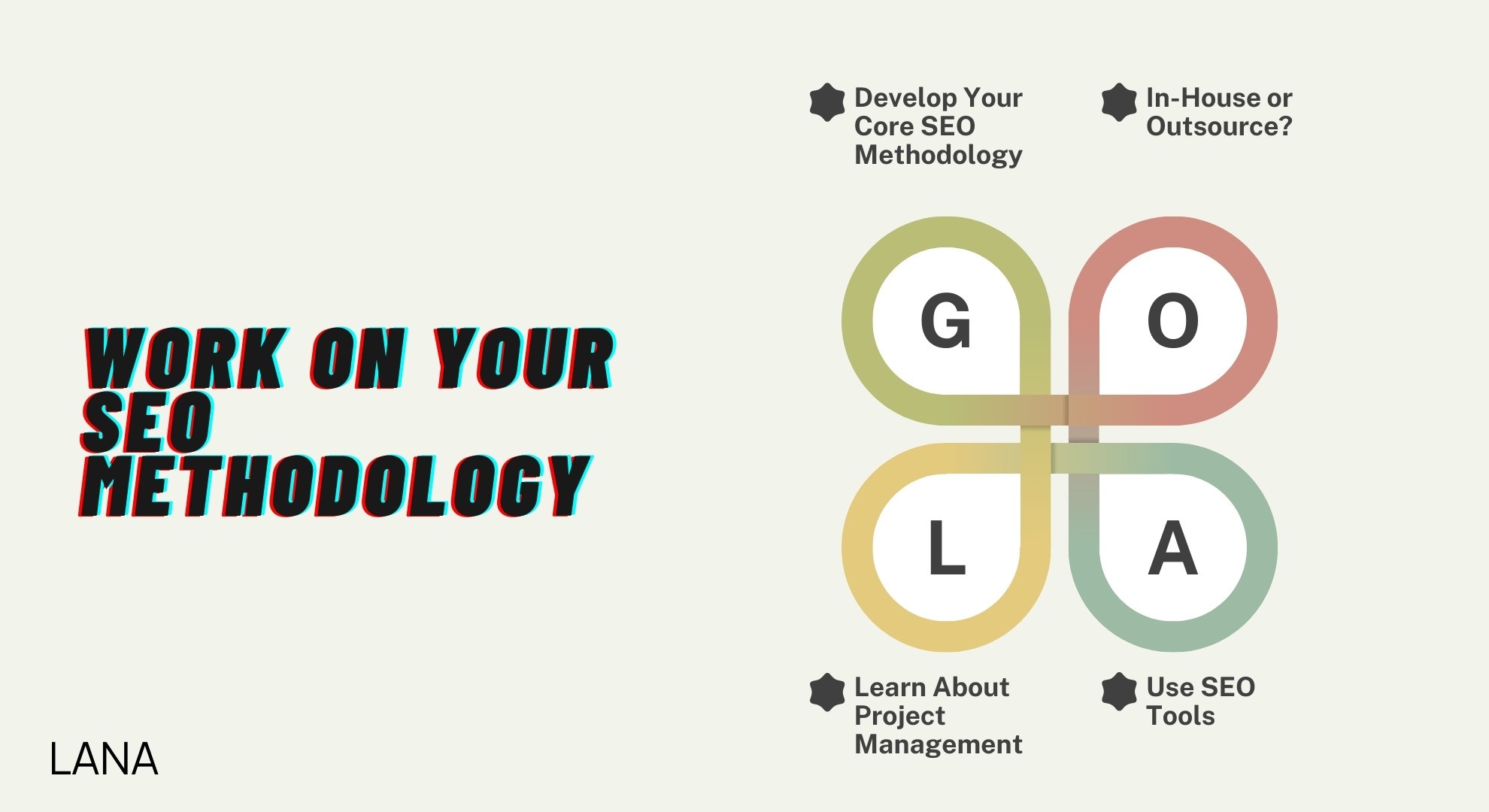
SEO companies might seem like they’re all doing the same thing, but actually, each has its own unique way of helping websites rank higher.
Every SEO agency uses its own set of strategies and expertise, something I’ve learned firsthand. It’s crucial to define your own SEO methodology for your agency.
Develop Your Core SEO Methodology
It’s not just about following Google’s guidelines but focusing on what helps websites rank better.
My approach combines my expertise with effective strategies to help businesses and their audiences. This has been a cornerstone of establishing my agency in the search engine optimization business.
In-House or Outsource?
Starting as an SEO agency and growing into a full digital marketing agency involved deciding whether to build an in-house team or outsource tasks.
This choice depends on your preference for direct control or leveraging external expertise.
Learn About Project Management
SEO is ongoing, unlike web design, which might be a one-off project. This means constantly optimizing a client’s website for better rankings, requiring solid project management skills to handle tasks and expectations.
Here are some tools I’ve found useful, each needing just a brief explanation:
- Zoho: A comprehensive tool for managing projects and collaborating with your team.
- Asana: Great for task assignments and tracking progress.
- Teamwork: Focuses on collaboration and project tracking for teams.
- Plutio: Suits freelancers and small agencies for project management and invoicing.
- Basecamp: A user-friendly option for project organization and communication.
- Slack: Essential for day-to-day communication within teams.
Choosing the right tool is essential; starting with free options can be a good way to find what works best for your team’s size and workflow.
Use SEO Tools
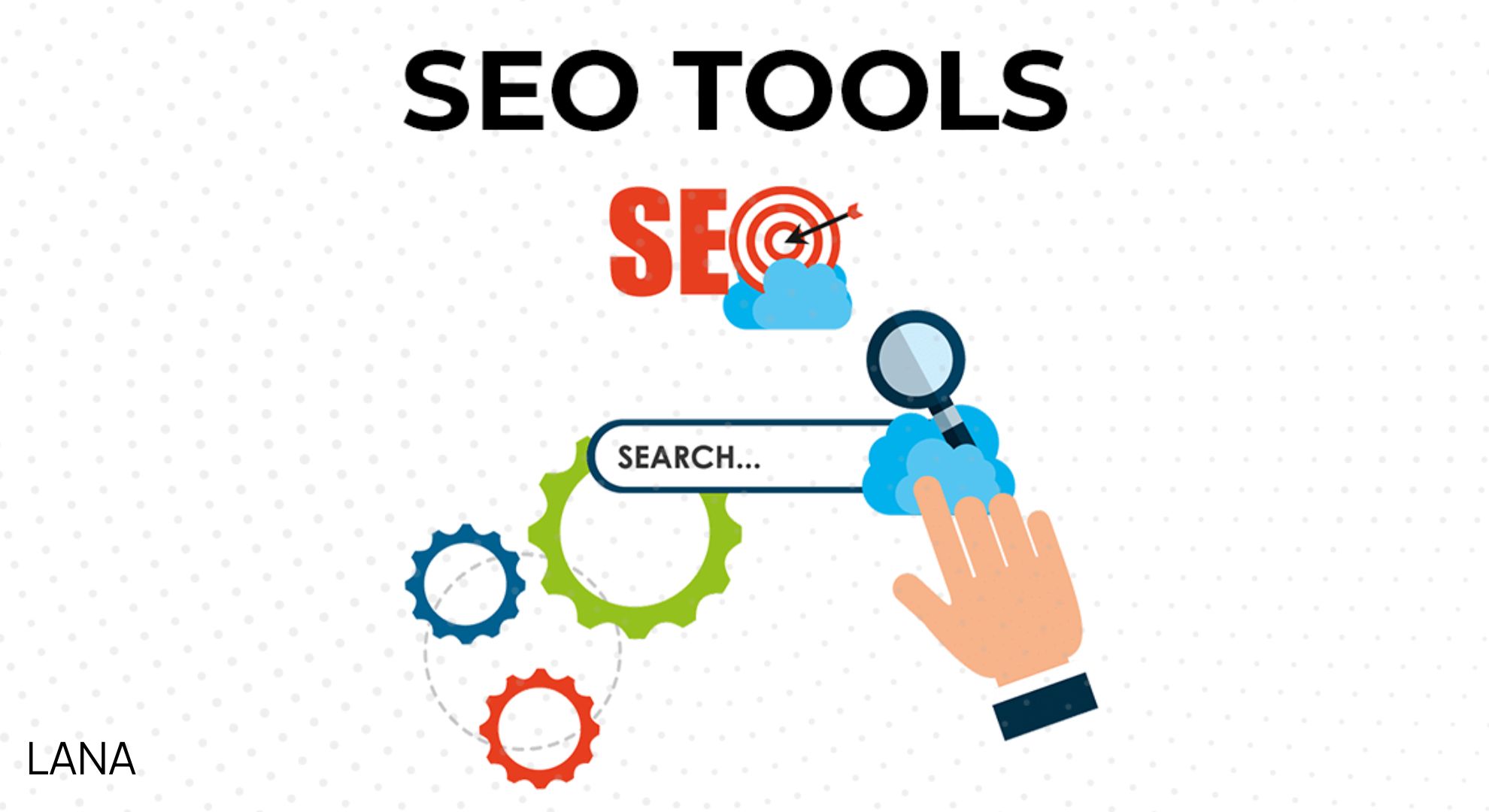
Every SEO starts with basics like Google Search Console and Google Analytics for reliable metrics.
But to build a robust SEO methodology, more tools are necessary. Here’s a quick look at some essential tools:
- Google Search Console: Tracks your site’s performance in Google search results.
- Google Analytics: Provides detailed data on website traffic and user behavior.
- Google Data Studio: Turns your data into customizable reports and dashboards.
- Ahrefs: Offers insights into backlinks, keyword rankings, and SEO health.
- SEMRush: A comprehensive tool for SEO, content marketing, and competitor analysis.
- Moz Pro: Provides SEO insights, keyword research tools, and site audits.
- ScreamingFrog: A desktop program for deep dives into website SEO issues.
Pro-tip: I’ve created manuals for each SEO tool and software we use, including AI SEO software, ensuring my team can effectively utilize them without relying too heavily on any one person’s expertise.
7. Create Your Packaging
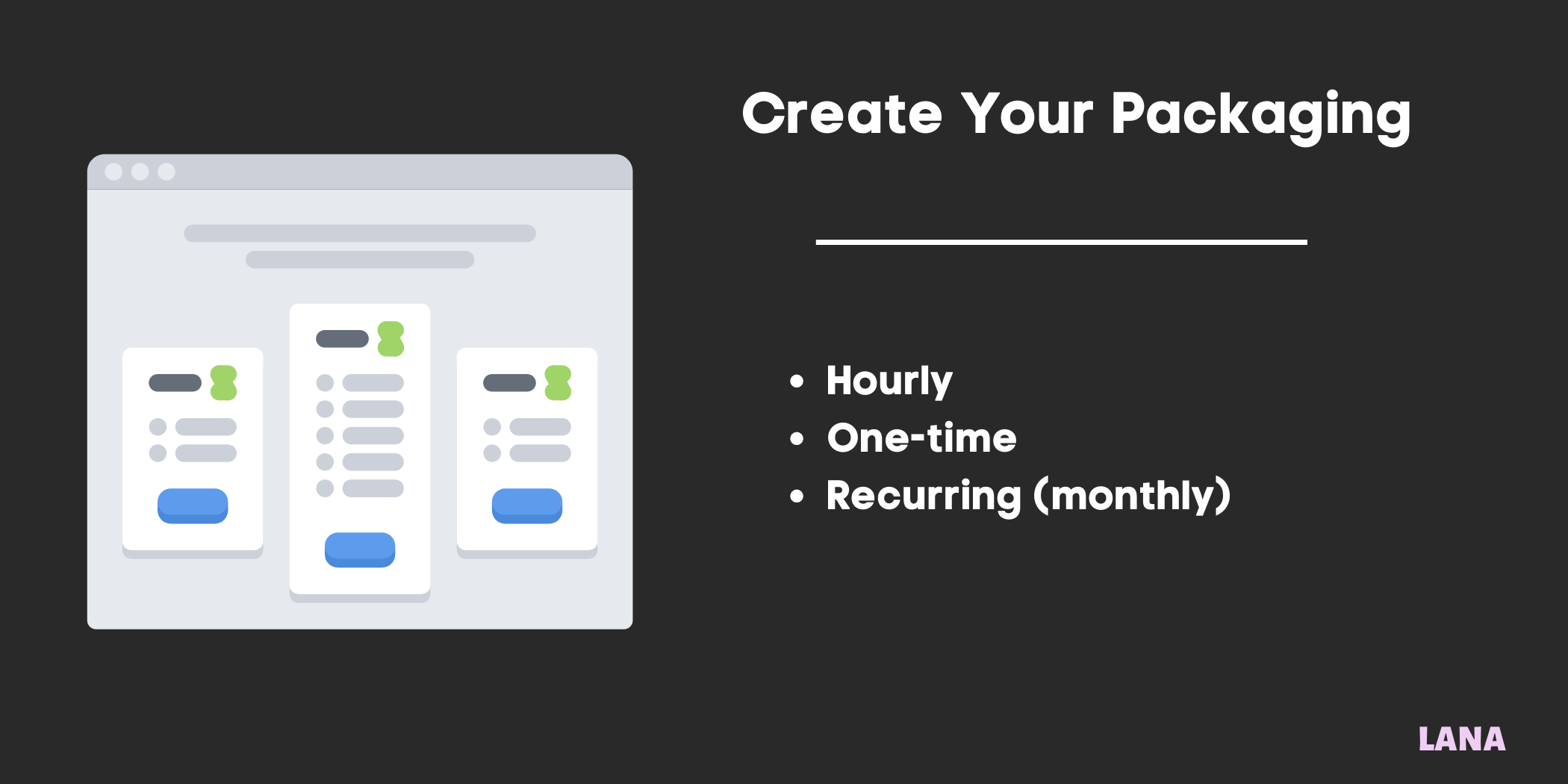
The first thing I did was figure out how to bundle my SEO services in a way that makes them easy for clients to understand and buy, and easy for my team to deliver. This step is all about creating packages.
The typical ways to offer SEO services are:
- Hourly
- One-time
- Recurring (monthly)
Normally the agency includes these packages:
- SEO Assessment: This is the starting point.
- SEO Set-Up: This boosts your SEO quickly.
- Monthly SEO: This keeps your SEO growing and improving.
Besides setting up these packages, it’s important to clearly describe what each one includes. This helps clients know exactly what they’re getting.
Define Your Pricing
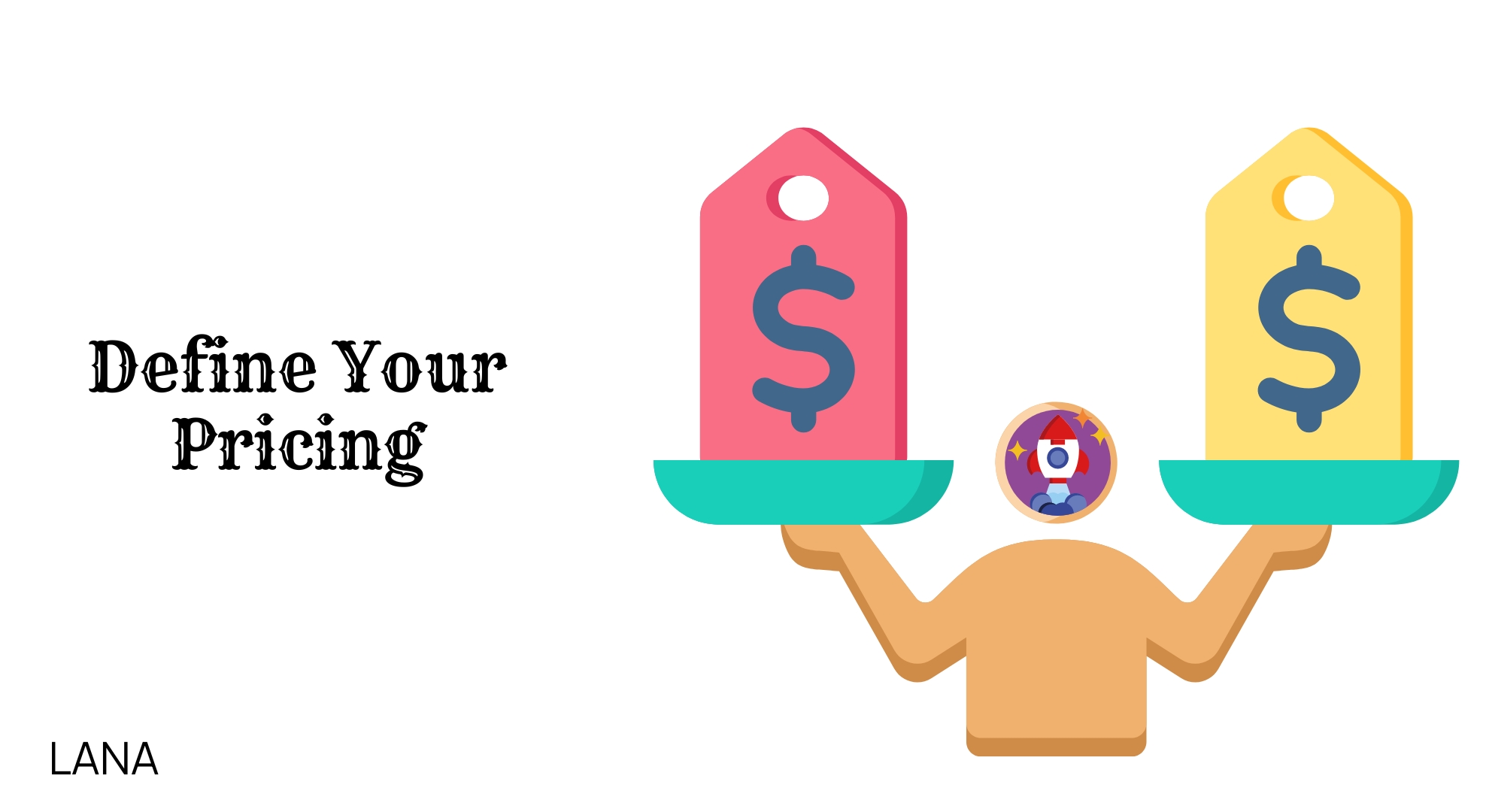
After setting up your packages, the next step is pricing them. The aim is to set prices that are fair to your clients but also profitable for your agency.
There are many ways to price SEO services, based on the value provided, by keyword, or based on performance. Each method has its pros and cons.
I prefer starting with project-based pricing and then moving to monthly pricing. For project-based pricing, I estimate how many hours we’ll spend on each service listed and multiply that by our hourly rate to get the total project price.
8. Market Your Services
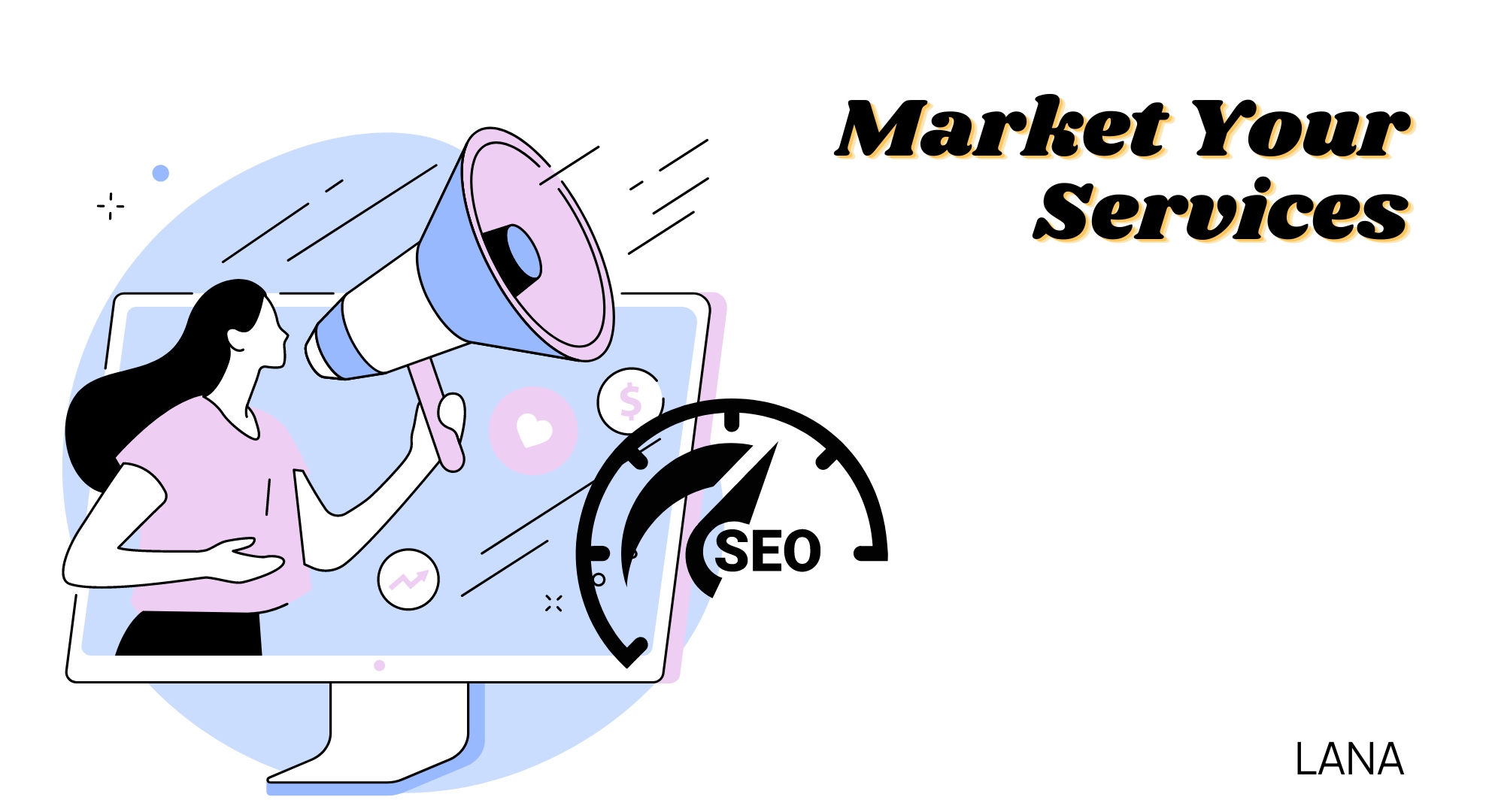
Launching an SEO agency means using SEO to market yourself. I focused on optimizing my agency’s website for certain keywords to draw in leads naturally.
While boosting my website’s SEO, I also got involved on social media platforms like Twitter and LinkedIn. Sharing useful content helped me build my reputation and offer value to potential clients.
To quickly grow my client base, I targeted a specific niche. Here are the strategies I used to spread the word about my services and attract the right clients:
Do Your Own SEO
I followed the best practices for technical, on-page, and off-page SEO to make sure my website was up to date with the latest SEO guidelines.
I was strategic about publishing SEO-related articles, reaching out for guest posting opportunities on well-known sites in our industry, and running outreach campaigns.
This effort made my agency more visible online and helped me attract more clients.
Get Active on Social Media
Social media is key for raising awareness and finding clients. I connected with businesses in my niche, shared helpful content, joined in on discussions, and offered value through free workshops or audits.
This approach helped me gather emails to build relationships and guide potential clients through a sales funnel.
Send Targeted Cold Emails
After strengthening my brand via social media, effective website SEO, and pleasing at least one client, I started using cold emails to win over new clients.
I looked for businesses that could benefit from my services, crafted emails that addressed their specific needs, and offered solutions to build trust. This personalized approach was a direct and effective way to grow my client list.
9. Build a Network
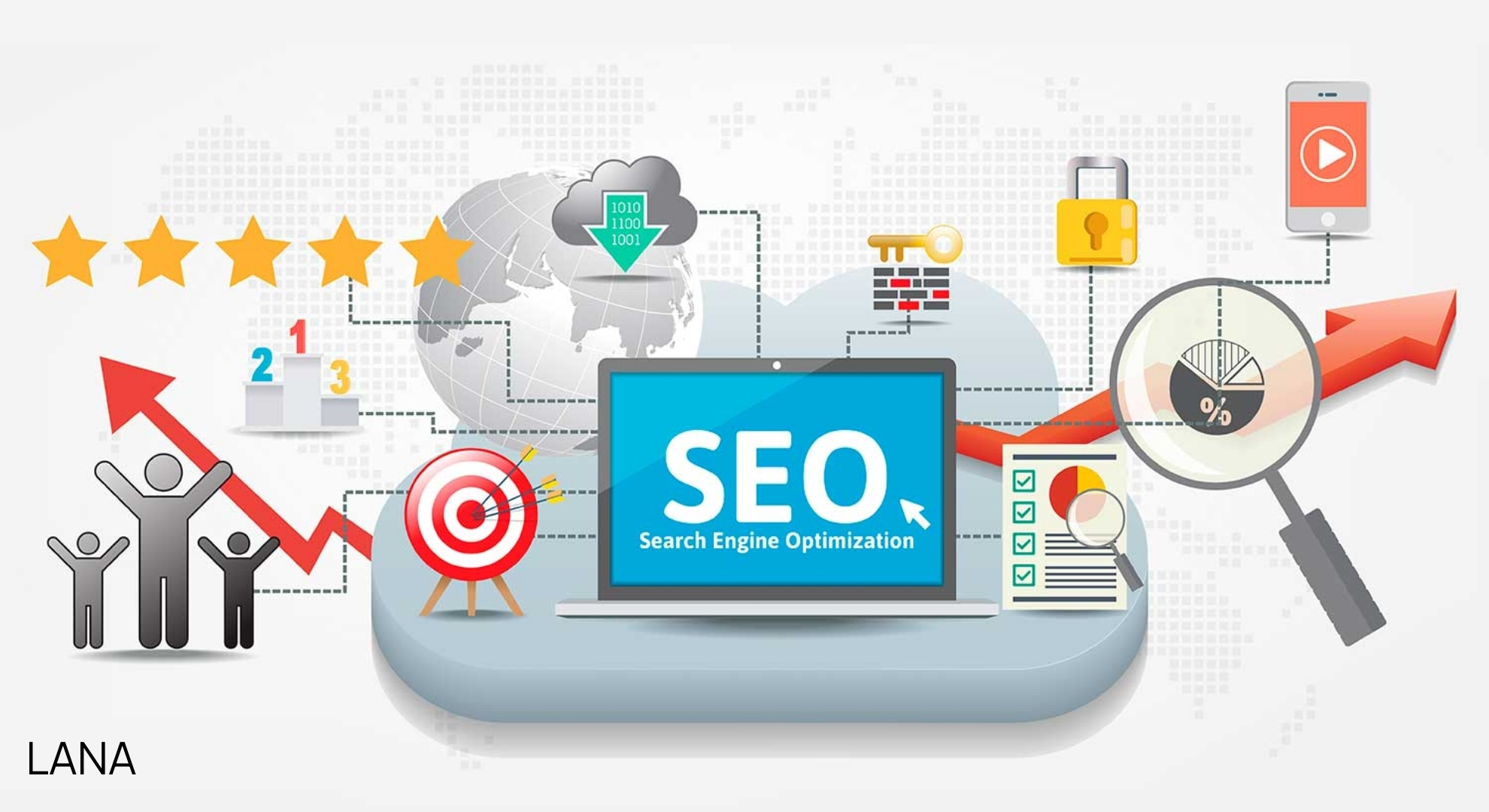
For my SEO agency to thrive, I knew I needed to build a strong network and reputation. Here’s how I expanded my circle:
- Participate in Industry Conferences, Seminars, and Workshops: I attended events related to SEO, digital marketing, and my target audience. These were great for meeting experts, potential clients, and others who work in the same field.
- Engage in Networking Activities: I joined panel discussions and got involved in Q&A sessions to show off what I know and can do.
- Become a Member of Professional Organizations: Joining groups specific to our industry helped me find networking events, educational materials, and chances to work with or learn from others.
- Use Online Platforms: I actively used sites like LinkedIn, Twitter, and forums to connect with other SEO and digital marketing professionals.
- Build Relationships with Other Professionals: I reached out to web designers, content creators, social media experts, and graphic designers who offer services that complement mine.
- Work with Local Businesses: I approached local startups and non-profits, offering my services at a lower rate or for free. This helped me gain practical experience, grow my portfolio, and meet future clients.
- Write and Publish Content: Sharing my knowledge through blog posts, whitepapers, or e-books on SEO topics helped me establish myself as a knowledgeable leader in the field.
- Guest Post on Industry Websites: Contributing to well-known publications increased my visibility and helped me attract a broader audience.
Is Starting an SEO Business Worth It?
The SEO market is booming, making now a great time to jump into starting an SEO business. Just last year, the industry grew from $75.13 billion in 2023 to $88.01 billion in 2024.
This growth shows there’s a lot of investment in SEO, meaning new businesses have a solid chance to succeed.
However, it’s not guaranteed that every new SEO business will flourish right away. You’ll face several challenges:
- Competition: There are many players in the field.
- Finding Clients: Getting the right clients can be tough.
- Hiring the Right People: Building a strong team is crucial.
Based on my experience, you might need to be patient before seeing profits, especially if you’re setting up a larger agency rather than working as an independent consultant.
While a consultant might see success fairly quickly, an agency could take months or even years to hit its stride.

About The Author
Lana is a full time content creator, blogger, and SEO strategist. She coaches up-and-coming bloggers over at Blog Growth Engine and helps select SaaS startups with their SEO and content strategy. Before starting this blog, Lana was the VP of Engineering at an AI startup and a Data Scientist for over 6 years. She also holds a Bachelor of Science Degree in Statistical Data Science from the University of California, Davis. Follow LanaGerton.com to learn how she blends data-driven approaches and AI technology into her content creation and SEO frameworks.






